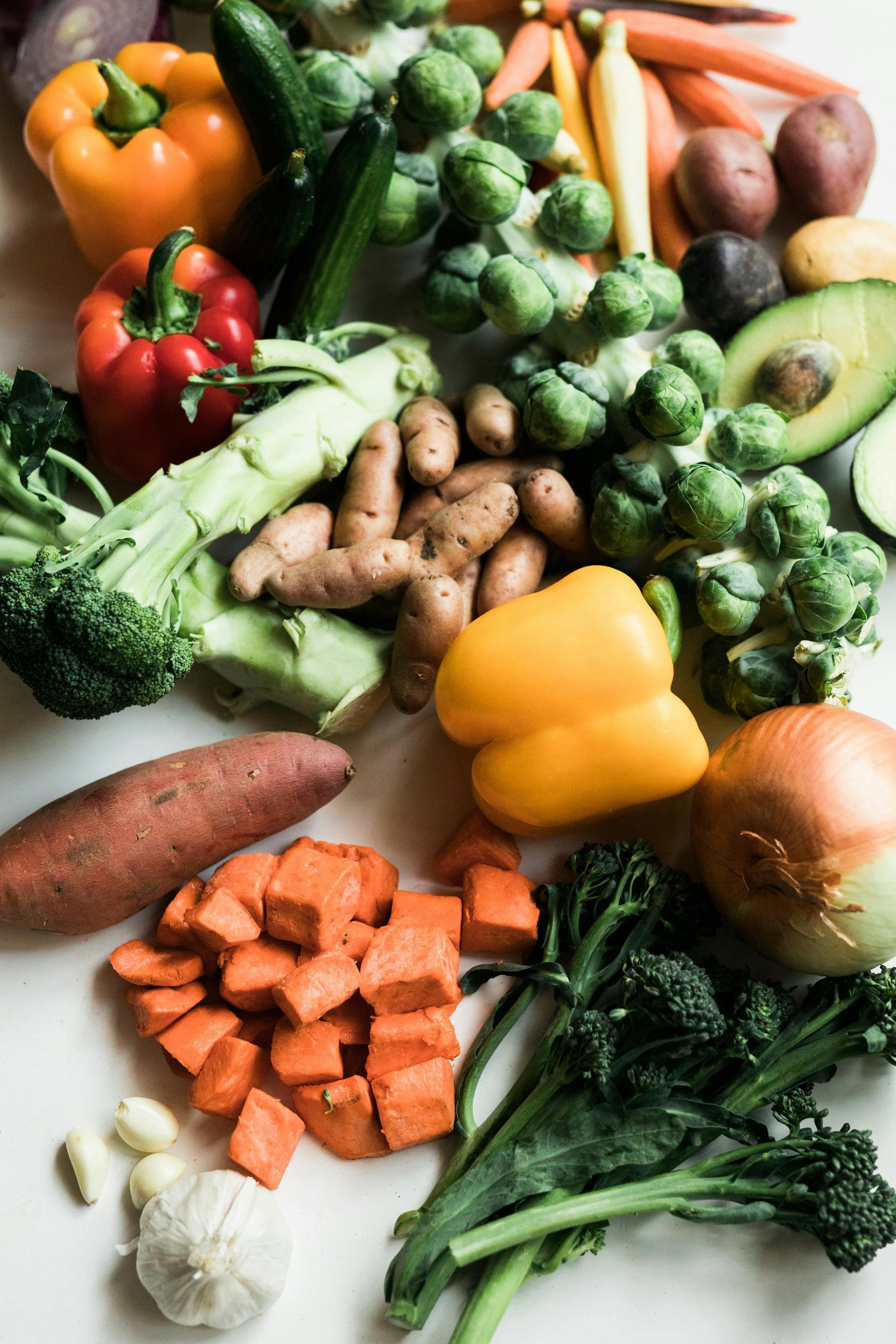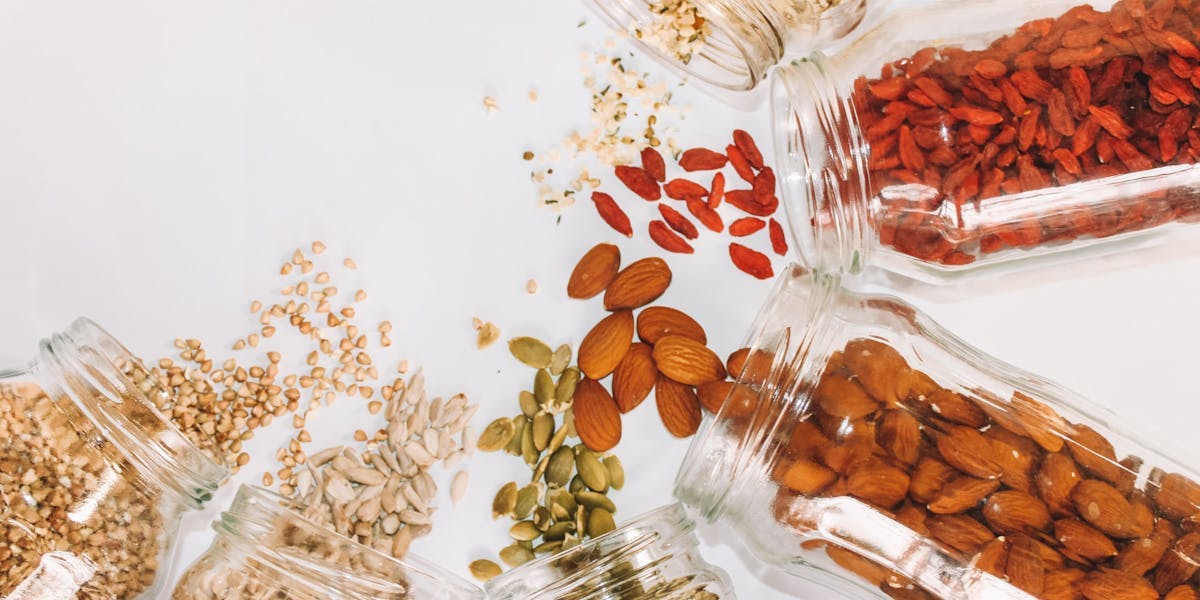Lifestyle
Cholesterol and Veganism
4min read
Why do people go vegan? Environmental reasons and animal welfare are often the explanation — but sometimes it’s for health, too.
One common reason for people switching to a plant based diet is for health. Because a vegan diet is centred around eating plants, vegans are much more likely to eat the recommended amount of fruit or vegetables to be eaten in the UK (five portions a day). It has also been linked to lower risk of heart disease by up to 22% compared to meat eaters, according to the NHS. But what exactly is the lowdown for vegan diets and specifically cholesterol?
What is cholesterol?
Cholesterol is the fatty substance produced by the liver. We need some cholesterol to help our body function properly; the body uses cholesterol to make hormones, build the structure of cell membranes, and also for our bodies to produce other important substances like vitamin D. However too much cholesterol can block your blood vessels and potentially cause blood clots.
As cholesterol is a naturally occurring process in the body and important to bodily functions, a healthy amount is important; this can be evaluated by taking a test at your local GP. High cholesterol means there is too much of the fatty substance in your blood.
What causes high cholesterol?
High cholesterol can be caused by a number of factors. While typically 80% of the cholesterol in our bodies is produced by the liver, there are certain circumstances in which too much of the cholesterol in our bodies is from what we eat. A diet that is too high in saturated fats, regularly found in processed foods and meat and dairy products, can lead to high cholesterol and health problems. However, it is also possible to have high cholesterol from not doing enough exercise, smoking and drinking too much alcohol, and also simply due to genetics.
Can a vegan diet lower your cholesterol?
A plant-based diet can help in lowering cholesterol. It should however also be noted that some vegan substitutes of things should themselves be avoided if suffering from high cholesterol. Coconut oil and palm oil are good examples of this; whilst it is used as an alternative to butter in lots of cooking and products, those with high cholesterol are advised to avoid these as they are higher in saturated fats than non-vegan oils and fats. It is also encouraged that if suffering from high cholesterol, eating oily fish can help to lower it, in addition to more fruit and vegetables. So, even if you don’t go all the way to vegan, eating more plants can still be beneficial to lowering cholesterol. All in all, a vegan mindset and approach to food can help lower cholesterol, but as with everything, it is also to be used as a tool alongside exercising and generally maintaining a healthy lifestyle.
Top Tips for lowering your cholesterol with a vegan diet:

- Eat more fruit and vegetables — five a day at the minimum
- Incorporate more nuts, seeds and pulses into your meals
- Avoid drinking more than 14 units of alcohol a week
- Try to do 20-30 minutes of exercise a day. Walking, cycling, swimming are just a few ways of staying active
- Try to avoid processed foods
- Try not to eat food with coconut oil or palm oil
If you have any questions or concerns, it’s always worth a visit to a nutritionist or GP.
By Toni Olukiran
Toni is one of our lovely Content Marketing Assistants, and when she’s not writing posts about everything from Jamaican cooking to vegan champagne, she’s making a Spotify playlist (she was at 200, at her last count) or playing tennis in the park.
Let us take care of dinner
We help to make eating more plants easy and delicious. Fancy letting us take care of dinner? Check out our delicious meals here.
Shop now
